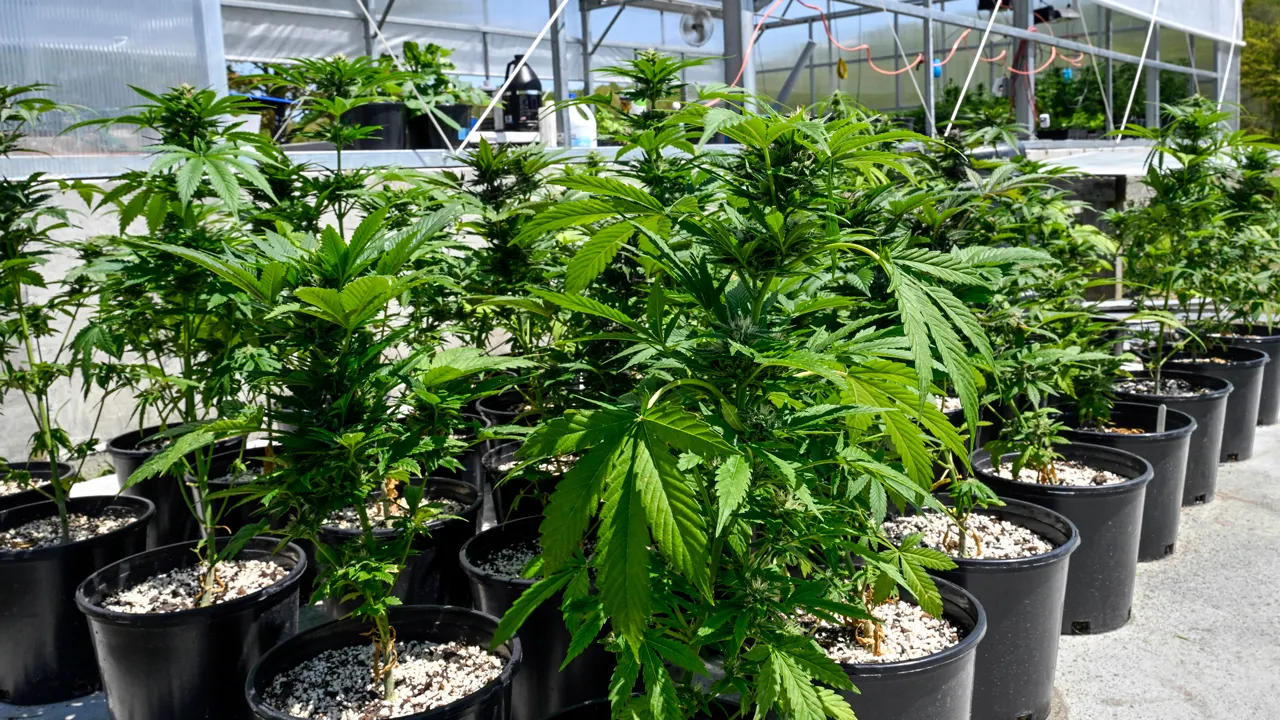NEWYou can now listen to Fox News articles!
With over 50 million people in this country using cannabis in the past year, and the numbers continuing to skyrocket, it is disturbing to discover that the latest group to jump onto this bandwagon are a vulnerable group who can least afford to use weed from the perspective of their health; namely grandma and grandpa.
Indeed, the elderly over 65 are using marijuana products more and more, an increase of close to 50% from 2021 to 2023, with a total of 7% of seniors current users, according to new research just published in the journal JAMA Internal Medicine.
But it is clear to me there are several misconceptions feeding this increased usage, the first being that marijuana is somehow safer than alcohol or cigarettes. In fact, another study just published from the University of California San Francisco reveals that THC, the active ingredient in marijuana products, damages the lining of blood vessels (which can lead to hypertension, heart attacks and strokes), just as much as cigarette smoke does.
MORE SENIORS ARE USING CANNABIS THAN EVER BEFORE DESPITE HEALTH RISKS, RESEARCH SHOWS
And too often both alcohol and marijuana are combined, especially problematic in elderly drivers who may already be exhibiting subpar performance. Deadly car crashes involving both alcohol and marijuana have more than doubled in the U.S. over the past two decades and the number continues to rise.

Marijuana is rising in popularity among seniors. FILE: Marijuana plants are seen at an upstate growing facility, Washington County, New York, May 12, 2023. (AP Photo/Hans Pennink, File)
Another misconception is that marijuana is safe for people who can’t sleep or are having anxiety problems. In fact, cannabis can lead to IQ decline, poorer learning or processing, and tap cognitive reserves, especially problematic in seniors who may already be showing signs of cognitive decline. And regular cannabis use with higher amounts of THC can worsen anxiety and even lead to psychosis in those with underlying mental health problems.
Another false idea prompting increased cannabis use is that the amount of THC in a cannabis product is a constant, when in fact the active psychoactive ingredient in cannabis keeps increasing in concentration. 20th century weed was far less potent than today’s 30-50% THC content weed.
CLICK HERE FOR MORE FOX NEWS OPINION
This generation’s cannabis is hardly the same product as last generation’s. And keep in mind that older people metabolize chemicals in their body more slowly, meaning that the psychological and physical impact is greater for a longer period of time.
HEAVY CANNABIS USE COULD POSE THIS THREAT TO THE BRAIN
But the notion that bothers me the most as a practicing internist is, that cannabis is supposed to be medically useful for chronic pain or sleeplessness and that somehow this sanctions its use for everything. In fact, even the medical uses of marijuana products have never been proven.
If cannabis helps for chronic pain, it is a most often a minimal effect, which doesn’t justify the side effects. And yet, medical marijuana’s widespread acceptance has led to pressure for full legalization and increased recreational use (now fully legal in 24 states with more to follow).
CLICK HERE TO GET THE FOX NEWS APP
The last thing we need among our cherished older people who are trying to hang on to optimal functioning as long as possible is something addicting that actually pushes them in the direction of suboptimal performance.
Regular use can also lead to Cannabis Use Disorder, where a person becomes addicted to a substance that they crave, that they develop a tolerance to, and which is difficult to stop without withdrawal symptoms. And if an elderly person takes more and more THC-laden gummies to help them sleep, they may become more anxious as a result, or even psychotic. Don’t let a cannabis salesman tell your grandma otherwise.
CLICK HERE TO READ MORE FROM DR. MARC SIEGEL








